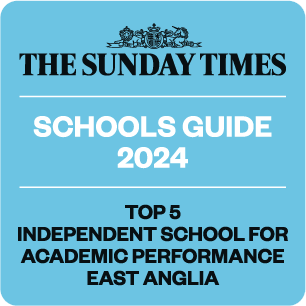An opportunity for me to check in with you, as we reach the end of another busy term. I want to wish you all a happy, safe break, and to those leaving us for study leave and new beginnings, a successful start to your next chapter.
At the end of a school year, I always encourage everybody to try to look after themselves over the weeks to come, whatever that may mean for them. The key thing is that ‘looking after yourself’ will be different for each of us. What works for me may not work for you, and vice versa. Figuring out what helps is a process, an ongoing thing that can grow and change. What helps today may not feel helpful next week, so it can be more about trial and error, as getting it right straight away, so it can be important to stick at it, to figure out where we each find meaning and happiness.
Loneliness, talking and connection
The theme of this year’s Mental Health Awareness Week was loneliness. To me, the term loneliness speaks of a feeling of disconnectedness. Talking things through in counselling sessions can be one way of re-connecting, of feeling less alone – but I’m bound to say that, aren’t I? So, I asked some of the students who have been accessing counselling recently, to put into words how they feel about it, and with their permission, here are some of their thoughts:


